Today’s post focuses on commonly asked questions about Individualized Education Program (IEP) meetings. If your child receives speech therapy at school, he or she is most likely on an IEP. If your child is on an IEP, you will know because you will attend yearly IEP meetings at your child’s school to discuss their service.
If you have attended several IEPs, you likely have a good idea of what is usually covered in those meetings. If your child is just getting started on the process of receiving speech therapy at school, you may have specific questions about what an IEP is or what the IEP meeting might look like.
This article reviews the most common questions and answers I get about IEPs. This article is targeted towards parents of school-age children who currently receive speech therapy services at school. This article doesn’t cover specifics about preschool age services. This article also doesn’t cover specifics on the qualification process to get onto an IEP at school. If you are interested in those topics, feel free to email me and I can address that in a future blog post.
Next blog post, I’ll share more specific tips for a successful IEP meeting.
Let’s get started! Below are my most Frequently Asked Questions about Individualized Education Programs.
What is an IEP?
An IEP is a written plan for children who qualify for special education at the school level. It’s important to mention that eligibility guidelines for speech and language services provided at school are often more stringent than those of private practice clinics. You child may receive speech therapy at a private clinic but still not qualify for school services.
What is an IEP meeting?
In order to be on an IEP in a school system, a child has to have a qualifying eligibility (such as in Speech and Language) and that eligibility has to lead to educational impacts (such as difficulty communicating at school).
IEPs are conducted yearly, from the date of their last IEP meeting.
If you go to a speech clinic for speech therapy, you may want to ask your Speech Language Pathologist if he/she can attend your child’s IEP meeting with you. You would typically be charged the Speech Language Pathologist’s going rate in order to attend these meetings.
When do IEP meetings take place?
Meetings are held before school, after school, or during the school day.
How long do they last?
A typical IEP meeting lasts just under an hour, but may take more or less time depending on your child’s needs.
Who attends the IEP?
Meeting participants may include (but are not limited to): the service providers for your child, your child’s teacher, a representative from the district office, and the principal. A service provider can be anyone who helps implement your child’s IEP at school, such as: an occupational therapist, physical therapist, learning specialist, or speech language pathologist. Typically the participants are staff members who directly interact with your child. For example, if your child does not have occupational therapy on his or her IEP, the occupational therapist would not be likely to attend the IEP.
You should receive a meeting notice prior to the meeting listing the participants. This is typically mailed home, but each district may have different procedures.
What can I do to prepare for an IEP?
You don’t need to do anything to prepare, unless you are specifically asked for information from your child’s school team.
You really are the expert at the IEP. You know your child best and can give valuable feedback about how your child learns, your child’s interest areas, and your child’s strengths.
What is the difference between speech therapy provided at school versus at speech therapy clinics?
Many of my clients receive speech therapy at school and at my speech therapy clinic. Some of my clients do not qualify for services at school, but still receive speech therapy at my clinic.
Typically, school services are provided in a group setting and are shorter groups provided once or twice weekly. Typically, services at a speech therapy clinic are longer sessions provided weekly.
Parents have shared they seek private practice therapy because they want more individualized service, longer sessions, and they like that they can observe or be involved in their child’s speech therapy sessions. My speech therapy clinic in Ashland provides children a comfortable learning environment, targeted goals, and high quality service for children with speech and language challenges.
I hope this article helped you feel prepared for your next IEP meeting. Check back next blog post for part two, which will share tips for a successful IEP meeting.

